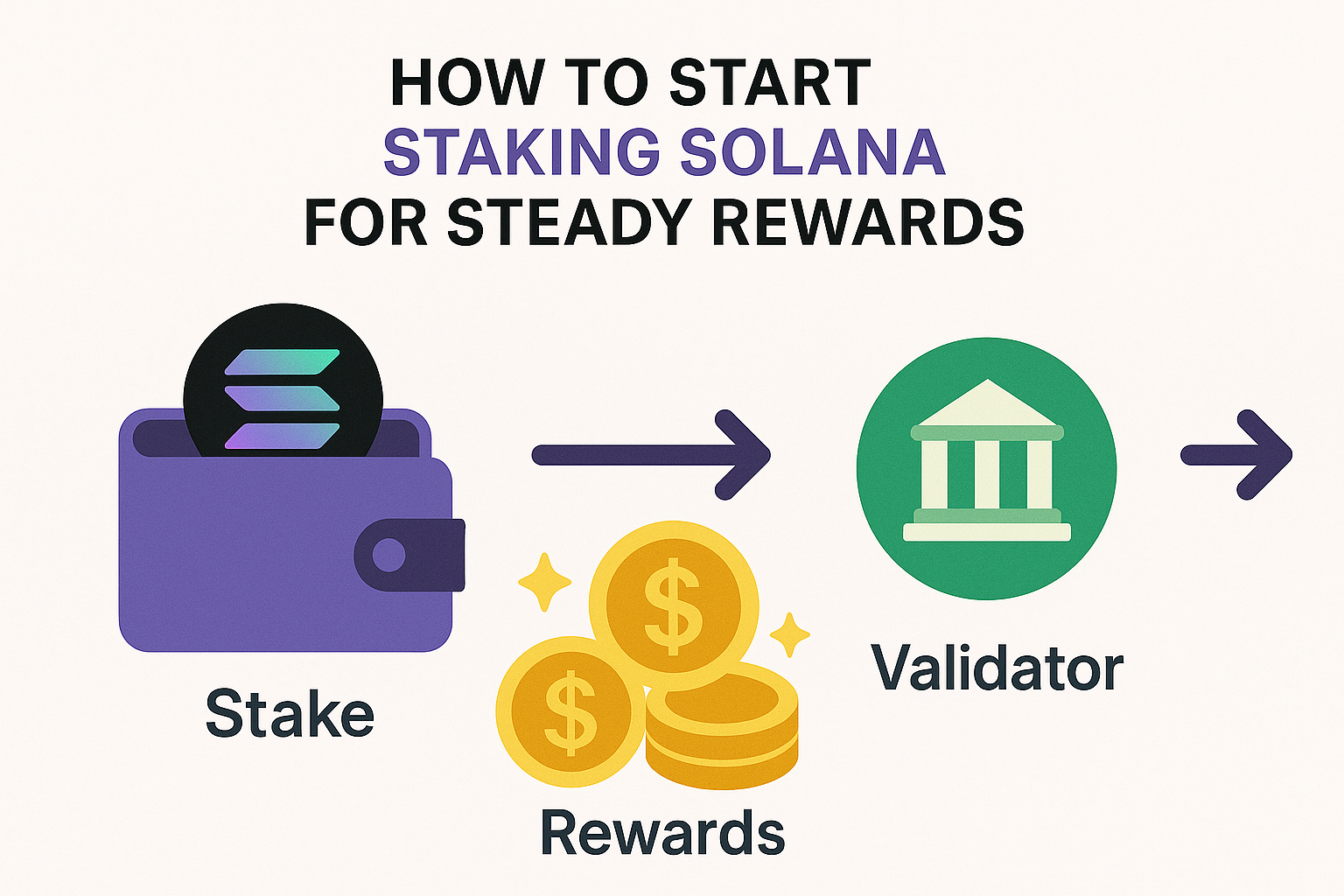Table of Contents
As the crypto industry continues to develop, staking services have emerged as a key component of many blockchain networks. However, a recent trend has seen numerous crypto companies being sued over their staking services.
The growing number of these lawsuits should serve as a wake-up call to investors who are keen on exploring the staking space. Understanding why these lawsuits are happening and how they can impact your investment is critical.
What is Staking?
Staking, in the context of cryptocurrencies, is the process of participating in the validation of transactions on a proof-of-stake (PoS) blockchain. PoS is an alternative consensus mechanism to the energy-intensive proof-of-work (PoW) method, used by Bitcoin, that relies on miners to verify and add transactions to the blockchain.
In PoS systems, individuals stake their tokens as collateral to propose the next block in the chain. If their block is validated by other network participants, the proposer receives a reward, usually in the form of more tokens.
Why are Crypto Companies Being Sued?
The reasons behind these lawsuits vary widely, but some common themes are beginning to emerge. Many of these lawsuits revolve around the question of whether staking rewards should be classified as interest income, which would make them subject to certain regulations and tax implications.
Another contentious point is the lack of transparency in the staking process. Some companies have been accused of not adequately communicating the risks involved in staking, leading to unexpected losses for investors.
In other cases, crypto companies are being sued for not having the proper licenses to offer staking services, or for operating staking services that resemble securities offerings without the necessary regulatory approvals.
Why Should Investors Care?
While the potential returns from staking can be attractive, these lawsuits highlight the risks and uncertainties that come with investing in such a nascent industry. Investors need to be aware that the regulatory environment around crypto and staking is still very much in flux, and what might seem like a harmless investment strategy today could be deemed illegal or non-compliant tomorrow.
Moreover, these lawsuits can have a direct impact on the value of your investment. For example, if a company is sued and found to be operating illegally, it could be forced to shut down its staking service, causing a loss for those who staked their tokens.
Additionally, legal uncertainty could affect the overall perception and acceptance of cryptocurrencies. Negative news about lawsuits could discourage new participants from entering the market, potentially affecting the liquidity and value of certain tokens.
Conclusion
As an investor, it's important to do your own due diligence before investing in any cryptocurrency or staking service. Be sure to understand the risks involved, the potential regulatory implications, and the stability of the company offering the staking service.
As the crypto industry continues to evolve, so too will the legal landscape. Staying informed about these changes will be key to navigating the world of crypto staking successfully. While the potential rewards can be enticing, understanding the risks and legal complexities is crucial for any serious investor.








